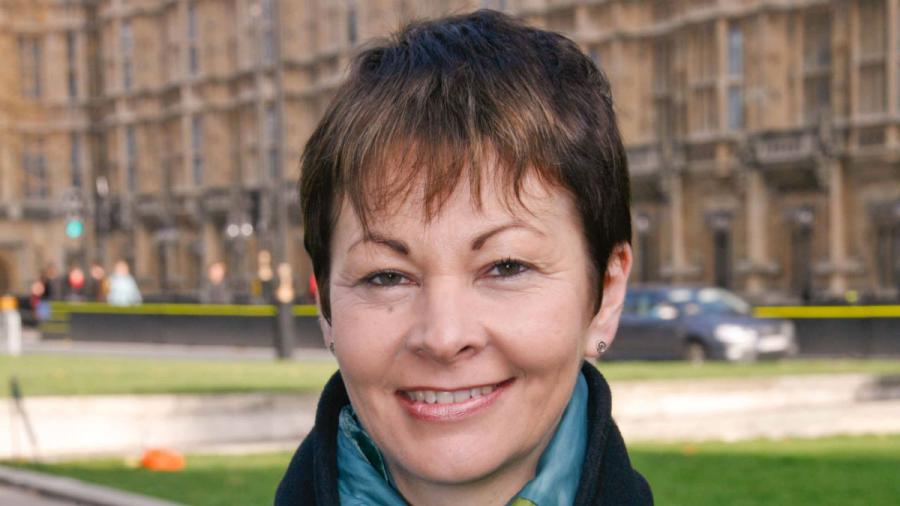I wasn’t an MP at the time of the previous expenses rules so I’ve only got direct experience of the new system.
Like anything of this kind, it’s difficult to allow for every eventuality – what’s critical is to get the oversight right and for the system to be underpinned by basic principles.
I’ve always campaigned for MPs to have no say over their expenses.
That’s one basic principle, and Maria Miller’s case shows that principle is still being poorly upheld, despite some reform.
It cannot be right for a committee of MPs – with undeniable vested personal interests of a political and financial nature - to overrule the appointed Parliamentary Commissioner for Standards.
When the expenses system was overhauled in the wake of scandalous levels of abuse, the idea was in part to ensure proper scrutiny of MPs, and that clearly required an end to self regulation.
Yet whilst what we have now is an improvement, there’s still far to go to rebuild trust.
Allowing MPs to continue to have a say over interpretation of the rules and the sanctions applied to colleagues is not acceptable.
We urgently need oversight that’s properly independent and that the public can put their much shaken faith in.
The other basic principle that ought to be upheld when it comes to MPs pay and expenses is fairness.
The public needs to know that public money is being spent fairly and MPs need to know there is a clear and workable set of rules.
I’d also argue that some MPs obviously need to grasp – and fast – the principles behind the rules, the spirit of them.
An apparent failure on behalf of some to do this is especially corrosive and risks causing yet more untold damage to the future of our parliamentary democracy.
MPs are in the privileged position of representing the public – and are answerable to them.
Sadly, the first past the post voting system contributes to this unassailable fact slipping the minds of some MPs, at least until election time.
That’s why I support proportional representation, as a better way for voters to get the MPs they want and as a way to help end the safe seats sinecures that give rise to so much abuse.
The absence of any right to recall is also part of the problem. If introduced this would put judgement fairly and squarely in the hands of the people MPs are charged with representing.
That’s why I’ve backed a Bill that would give citizens the power to recall their elected representatives if a majority has lost confidence in the MP, for whatever reason, and if enough voters sign a petition to trigger a recall vote.
Recall would help remind MPs that they are public servants and would give citizens a way of holding their representative to account in between general elections.
I’ve long argued that rather than lamenting the decline in voter numbers and people’s lack of engagement with politics we need to bring our voting and parliamentary systems into the 21st century. I wrote a report about it back in 2010 and am still battling to progress some very basic recommendations that would help put more power into people’s hands.
The outrage triggered by the Culture Secretary’s case illustrates a high degree of public interest in politics when it comes to matters of principle, and it’s critical Parliament responds with the necessary reforms.




Join The Discussion